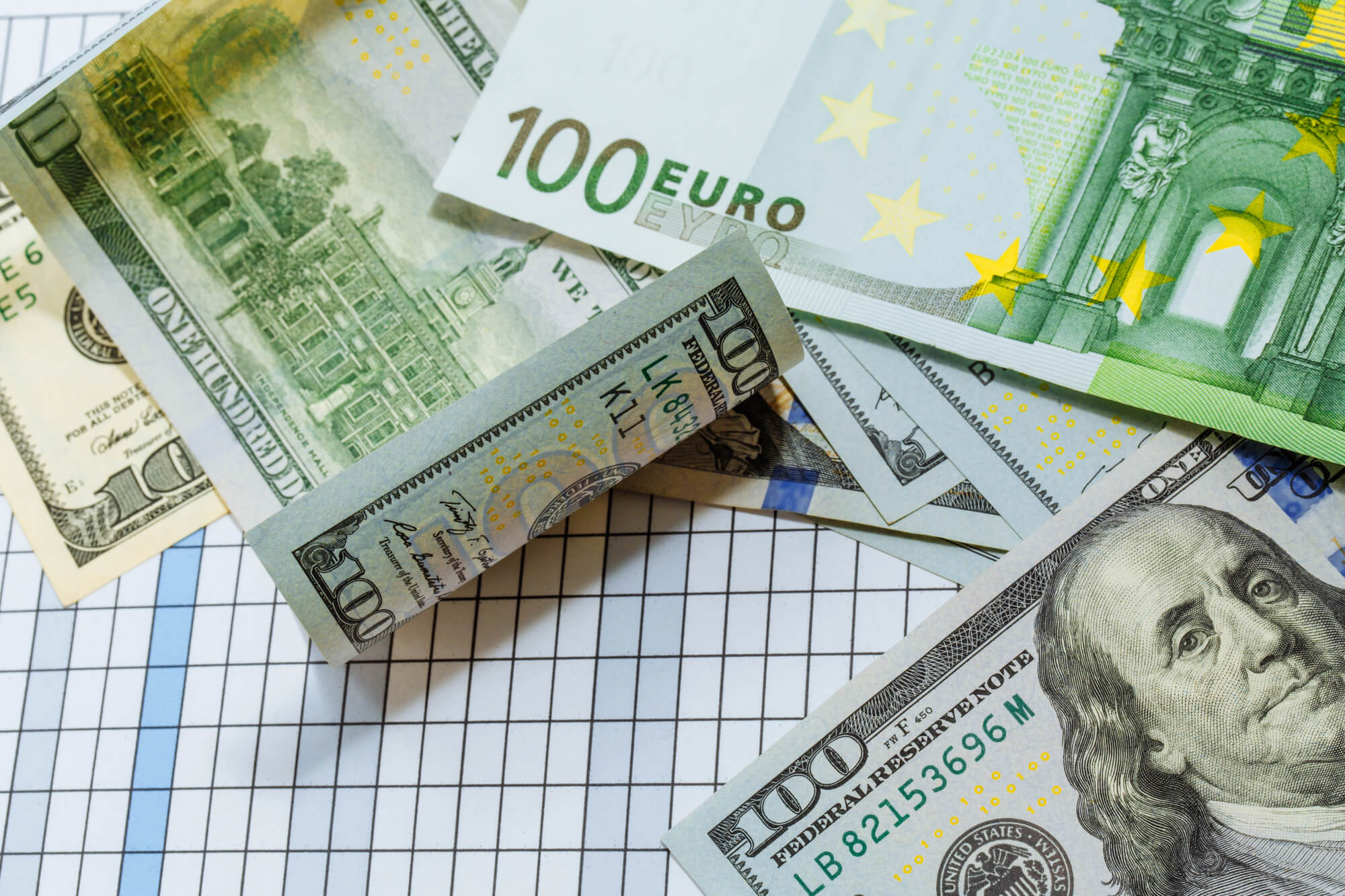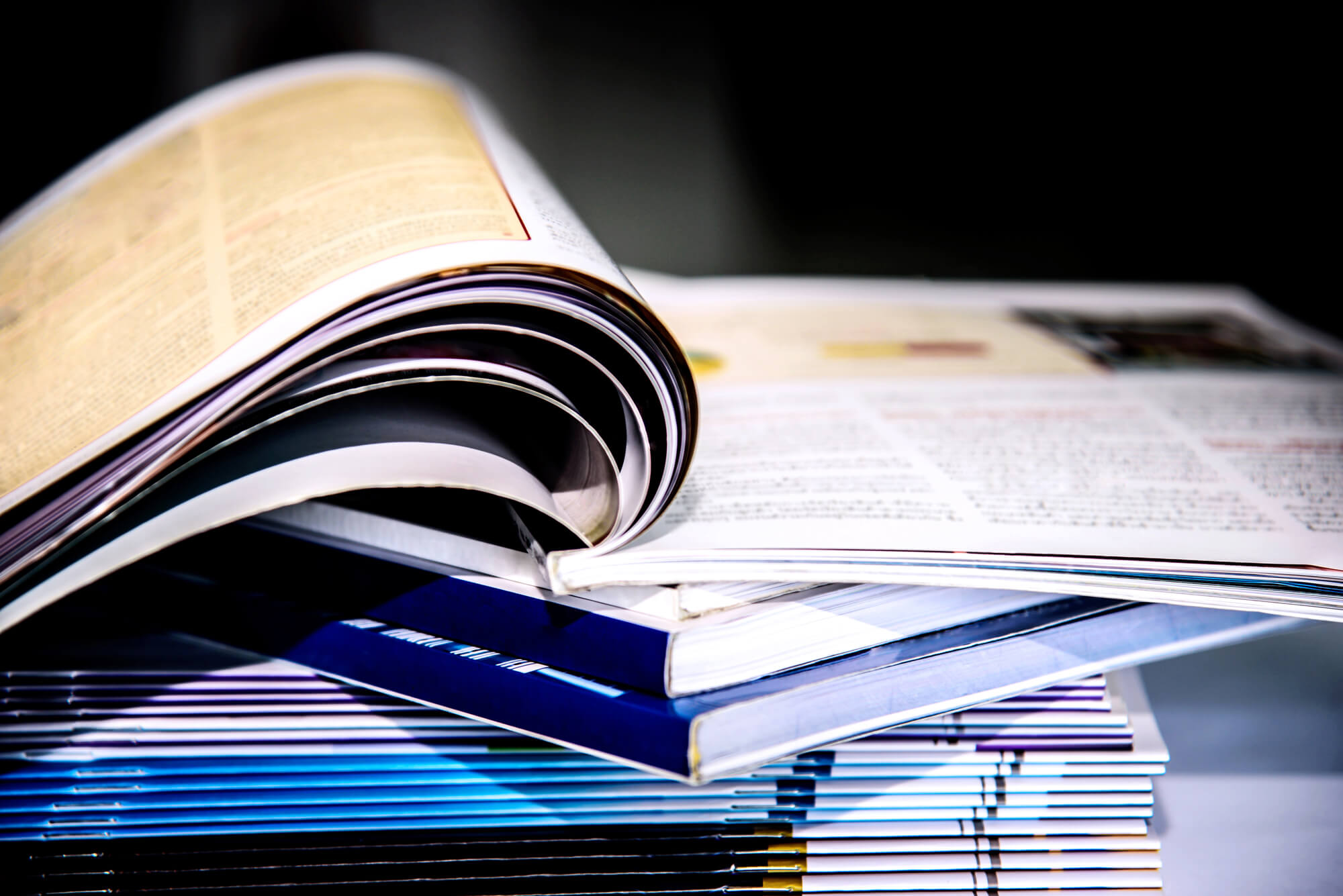Despite the harsher military actions in the second quarter, up to 200 Ukrainian defenders dying daily and russia firing up to 12,000 artillery shells every day, the authorities were able to keep up the pace of reforms in the country. From April to late June, we spotted 33 reforms and no anti-reforms. A quarter of them (eight regulations) received +2 or more points from experts (in the range of -5 to +5), which in our opinion separates significant reforms from less important ones.
*In connection with the war in Ukraine and the state’s change of focus to wartime needs for the period of active hostilities, we changed the period of monitoring regulations for the Reform Index from two to four weeks. Therefore, this quarterly overview of the reforms includes three Reform Index issues (no.182-184) for a period previously covered by six issues.
Key changes
Ukraine’s decision to join Europe’s power grid (Reform Index #183) scored the most at +3 points. (Implemented in March, it was included in the Index’s April issue)
At midnight on February 24, Ukraine’s power system was disconnected from the energy systems of russia and belarus to test its autonomous operation. However, reconnection became impossible because of the russia’s full-scale invasion of Ukraine. The close cooperation of Ukrenergo and the European Network of Transmission System Operators for Electricity (ENTSO-E) made it possible to unify the European and Ukrainian power systems in March 2022. In addition to energy security and independence from russia and belarus during the war, it gave Ukraine a profitable market for electricity sales.
”Ukrenergo is gradually increasing the capacity to be allocated through auctions. The capacity may reach several gigawatts by the year’s end. Auction prices for power allocation can be quite interesting for Ukrenergo and the state. For instance, the price for access to the intersection with Romania at the auction held on June 28, 2022, varied from UAH 4,200 to UAH 8,300 per MWh, which was the absolute record for all auction years. With this access price and the allocation of 2 GW, Ukrenergo could receive up to UAH 72 billion per year,” explains Maksym Sysoiev, representative of the legal company Dentons, a member of the Energy Committee of the American Chamber of Commerce in Ukraine.
Two more laws bringing Ukraine closer to Europe are:
- The law on ratifying The Common Aviation Area (CAA) agreement with the EU (+2 points, Reform Index #183). Ukraine and the EU countries will now have uniform standards for aviation safety, consumer rights protection in air services, and air traffic management. The agreement also abolishes the monopoly on air routes established by bilateral agreements between countries. Ratification will have two implementation stages. The first stage is when all airlines can operate flights between Ukraine and the EU. The second stage is when Ukrainian airlines have the right to operate complex flights (having several landing points with the initial or final point in Ukraine), and EU airlines can do complex and domestic flights in Ukraine. The agreement’s ratification should significantly revive Ukraine’s tourism market. Yet the war between Ukraine and russia has made adjustments to the implementation of the agreement.
- The law on administrative procedure (+2 points, Reform Index #184) regulates the interactions between administrative bodies, citizens, and legal entities. It introduced the concept of “interested persons” for administrative cases and the requirement that such persons be notified about the start of administrative proceedings related to their interests. In addition, persons adversely affected by an administrative decision have the right to be heard before passing an administrative act with such a decision. “The law on administrative procedure is important in the context of Ukraine’s European integration. Before deciding whether to grant Ukraine candidate status, the European Commission gave us a questionnaire with questions about the administrative procedure,” adds Oleksandr Kalitenko, TI Ukraine. After all, Ukraine was the only European country that had not passed such a law.
Several essential laws passed in the second quarter of 2022 were designed to reduce russia’s influence on Ukraine and punish war criminals and collaborators:
- The law on cooperating with the International Criminal Court (ICC) (+2 points, Reform Index #183) is an attempt to create an interaction algorithm without ratifying the Rome Statute, setting the rules of the ICC. The law extends exclusively to cases of investigating crimes the russian army and officials of russia and other countries committed on the territory of Ukraine during armed aggression. Although cooperation with the ICC is undoubtedly vital, experts warn that Ukrainian law cannot regulate the activities of the International Criminal Court. “The menu principle is not applicable in cooperating with the Court: a state recognizing the ICC’s jurisdiction no longer has the right to choose whom justice will be served. The Court independently decides who and what to initiate proceedings against. Therefore, Ukraine’s restrictions will have no relevance to the ICC and, therefore, will not apply,” says Kateryna Rashevska from NGO Regional Center for Human Rights. Ratification of the Rome Statute would be most beneficial for Ukraine, allowing our state to enjoy its rights and not only fulfill its corresponding duties.
- The law on banning pro-russian parties (+2 points, Reform Index 183) added two more reasons for forbidding party activities in Ukraine to the law on political parties. These include justifying/denying Russian aggression and glorifying or supporting the occupiers (e.g., using the words “rebels,” “militia members,” and “polite people” to denote collaborators or representatives of occupation administrations). The law also reduces the external influence on Ukrainian political parties, forbidding them to enter into agreements putting them in a subordinate position relative to foreign organizations or parties.
- The law on punishing collaborators (+2 points, Reform Index #183) supplemented the Criminal Code with an article on aiding the aggressor state. Intentional assistance (implementing the aggressor states’ decisions, voluntarily transferring material resources to the occupiers, etc.) can result in imprisonment for up to 12 years and being banned from holding certain positions for up to 15 years. This provision applies to anyone except citizens of the aggressor state. However, “it will be problematic to use these norms in practice. It’s difficult to prove someone’s willful collaboration and intent when they’re in the occupied territories. The question here is whether the Ukrainian courts will or will not presume the existence of such an intention, particularly on the part of the media, forced to broadcast from the occupation under the muzzles of machine guns,” explains Tetiana Avdeieva, a lawyer at the Center for Democracy and the Rule of Law.
Other major reforms concern providing medicines for the seriously ill and include Oschadbank into the general deposit guarantee system:
- The law on compassionate use of medicines (+2 points, Reform Index #184) provides Ukrainians with mechanisms for the free provision of drugs not registered in Ukraine. It will be possible under two types of programs that the Ministry of Health must authorize. First, seriously ill patients who participated in clinical trials can apply for free provision of the drugs after completing clinical trials. Second, patients will be able to receive free medicines not registered in Ukraine but undergoing at least phase II clinical trials in the USA, EEA countries, Australia, Canada, Japan, Great Britain, Israel, and Switzerland.
- The law on including Oschadbank into the general deposit guarantee system (+2 points, Reform Index #182). Oschadbank used to be the only bank guaranteeing depositors a refund of their entire deposits if withdrawn from the market. This distorted competition, making this state-owned bank more attractive than commercial banks. “Besides not being a member of the Deposit Guarantee Fund, the bank saved on deductions to the Fund. For instance, the amount of private individuals’ money deposited with Oschadbank would require making contributions to the Fund of about UAH one billion. It’s commensurate with Oschadbank’s net profit for the past [2021] year,” added Mykhailo Demkiv from ICU.
What are the changes in key areas?
In the second quarter of 2022, we supplemented the Reform Index with a new component, “Human capital.”
The second quarter of 2022 saw changes in all six monitoring areas. Most reform-related regulations fell under the “Business Environment” category, namely eight. However, in terms of overall progress (i.e., the sum of all events’ scores), “Governance” ranks first.
Graph 1. Total points by area in the 2nd quarter of 2022
Source: Reform Index’s issues no.182-184.
Next, let us look at the areas making the most progress in implementing reform judging by the total points: “Governance,” “Business Environment,” and “Public Finances.”
Governance
In the second quarter, the authorities adopted seven reforms relating to governance. Parliament initiated four and the Cabinet of Ministers three. However, three laws were passed after considering the president’s proposals, so we included him among the co-authors of these regulations.
In addition to the laws on banning pro-russian parties, punishing collaborators, cooperating with the International Criminal Court, and administrative procedure, the most critical changes in this area include:
- Establishing a commissioner for persons who have disappeared under special circumstances (+1 point, Reform Index 183). The Commissioner will oversee the issue of missing persons instead of a commission, which did it previously. The resolution also instructed the Ministry of Internal Affairs to ensure the functioning of the Unified Register of Persons Missing Under Special Circumstances.
- According to the law banning symbols of the invasion and pro-russian public organizations (+0.8 points, Reform Index #184), Ukraine recognizes russia as a terrorist state whose purpose is the genocide of the Ukrainian people. The law prohibits creating, distributing, and using for propaganda purposes in Ukraine and abroad products bearing the Latin letters “Z” and “V” as symbols of military invasion or containing official or unofficial characters (emblems) of russia’s armed forces. Such symbols are allowed in materials designed to condemn russian aggression, thematic photo exhibitions, media pieces documenting russia’s crimes, trophy equipment, etc. The law also prohibits pro-russian public organizations’ activities aimed at propagating russia’s Nazi totalitarian regime or supporting armed aggression.
Business environment
In the three months to July, we spotted eight significant changes in the area. Five laws were initiated by the Verkhovna Rada (with one co-authored with the president and adopted after considering his proposals). Two laws came from the president and one from the Cabinet of Ministers. The Ministry of Finance’s order was also included in the reforms.
In addition to ratifying the above-mentioned open aviation area agreement, fundamental changes include:
- The law on improving the mechanism for combating raider attacks (+1.5 points, Reform Index #184) contains many “technical” but essential changes. For instance, state registrars’ workplace must correspond to the location of registration subjects or administrative services centers, which should reduce the possibility of contacting “affiliated” registrar. The law contains an algorithm for registrars’ actions should third parties use their access to the registers. An important innovation is the requirement to notify property owners in real-time by phone of any activity going on in the registers regarding their property. The Ministry of Justice has the right to prohibit registration activities while reviewing complaints against them to stop property raiders promptly.
- The law on sanctions related to the assets of individuals (+1 point, Reform Index #184) clarified the grounds for including individuals in the sanctions lists. Specifically, sanctions can be imposed on those threatening Ukraine’s national security or territorial integrity or on persons sponsoring such people. The law also introduced a new type of sanctions — seizuring of the assets of persons under sanctions (including the assets they can directly or indirectly manage) to the state budget. The High Anti-Corruption Court will handle cases of recovery of assets, funneling them into state revenue.
State finance
In this monitoring area, we detected five essential changes. This time, three reforms were initiated by the Verkhovna Rada, one by the Cabinet of Ministers and one by the National Bank. In addition to the law adding Oschadbank to the general deposit guarantee fund, significant changes include:
- Facilitating non-residents’ access (foreigners, stateless persons, and Ukrainian citizens permanently living in other countries) to Ukraine’s state securities (+1 point, Reform Index #182). It was done to attract additional funding as foreigners can now more easily invest in Ukraine’s war bonds and other government securities.
- Two laws were designed to support scientific activities: the updated Customs Code to support scientific activity (+1 point, Reform Index #183) and the law exempting scientific equipment imports from VAT (+1 point, Reform Index #183). The authorities try to support science by reducing tax pressure. Scientific equipment and reagents purchased by educational and scientific institutions for their own needs are now exempt from import duties and VAT.
Who is the biggest reformer?
In the second quarter of 2022, the Verkhovna Rada became the leader by adopting 16 reform regulations. The Cabinet of Ministers came second, with 12 laws and adopted resolutions. Five reforms (four of them co-authored) came from the President. The NBU adopted two significant resolutions and the Ministry of Finance one. Ukrenergo, which signed the agreement on joining the European power grid, also ended up in the reformers’ rankings.
Graph 2. Initiators of the reforms in the 2nd quarter of 2022
Source: Reform Index’s issues no.182-184.
The reforms’ total number in the period of the review is 33, with the events on the graph being 37. The four laws, initiated by Parliament and the Cabinet (punishment for collaborators, administrative procedures, sanctions related to assets of individuals, and banning pro-russian organizations and occupiers’ symbols) were also ascribed to the president as signed after considering the president’s proposals.
Compared to the previous quarter, in the second quarter of 2022:
- important regulations’ numbers decreased slightly (from 35 to 33, with no anti-reform laws);
- the average round score fell from 1.5 to 1.2 points (before recalculations, this score in the first quarter was 0.8 points);
- the average event score increased from +1 to 1.2 points, in the range from -5 to +5.
Chart 3. Reform Index’s quarterly average
Note: the rounds’ and average quarterly scores were recalculated based on the 2022 audit results.
With the war between russia and Ukraine entering into a protracted phase, there is an increased need to solve “long-term” problems, including limiting russia’s influence on Ukraine’s internal environment, fighting with collaborators, searching for missing persons, and supporting their families. Seeking ways to fund the state budget remains an essential issue since tax revenues fell due to the war. The devastation, the growing numbers of unemployed and internally displaced persons, and a huge surge in defense spending wrought by russia increased the need for financing. These issues were therefore the focus of Ukrainian authorities’ decisions. Ukraine also took several significant steps toward the European Union in the three months to July.
On June 23, the European Council granted Ukraine EU candidate status (with conditions). We hope that candidate status and the EU accession “road map” will speed up Ukraine’s much-needed reforms and prevent the government (in the broadest sense) from going astray.
For the European dream to become a reality, Ukraine needs to build institutions and overcome obstacles on the way to the rule of law, harmonize domestic legislation with European regulations, and keep the mind focused on climate challenges and the need to develop “green” energy and environmentally friendly production.
This publication was produced within the framework of the “Support of think tanks” project which is carried out by the International Renaissance Foundation with the financial support of the Embassy of Sweden in Ukraine. Its contents are the sole responsibility of the authors and do not necessarily reflect the views of the Embassy of Sweden in Ukraine and the International Renaissance Foundation.
Attention
Автор не є співробітником, не консультує, не володіє акціями та не отримує фінансування від жодної компанії чи організації, яка б мала користь від цієї статті, а також жодним чином з ними не пов’язаний







